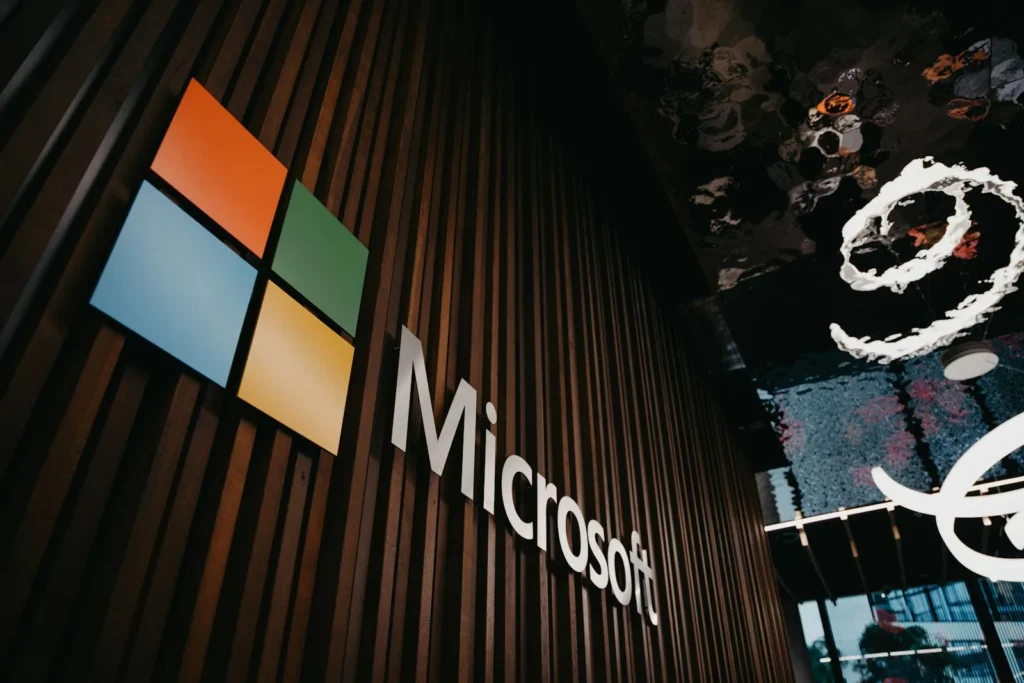In a strategic move to reshape how users interact with digital tools, Microsoft has announced a sweeping integration of advanced artificial intelligence features across its Office suite—Word, Excel, PowerPoint, Outlook, and Teams. These upgrades, powered by OpenAI’s GPT models, aim to revolutionize productivity by enabling smarter content creation, automated data analysis, and real-time collaboration.
Now branded as “Copilot,” the AI assistant will help users write documents, generate summaries, create data visualizations, draft emails, and even develop presentations with minimal effort. This marks a major leap in the evolution of Microsoft Office from a static toolset to an intelligent productivity platform.
Bing Transformed With Conversational AI Chat
Simultaneously, Microsoft has rebranded and enhanced its Bing search engine by embedding a ChatGPT-like conversational interface. The new Bing allows users to ask complex, natural language questions and receive context-aware, multi-paragraph answers, rather than just a list of hyperlinks. This conversational feature supports follow-up questions, citation of sources, and visual responses using integrated AI image tools.
This transformation turns Bing into more than just a search engine—it becomes a dynamic information assistant that competes directly with other AI-first search models, offering real-time, accurate, and user-friendly interactions.

Powered by OpenAI and Azure Cloud Infrastructure
Both the Office Copilot and the new Bing Chat are built on Microsoft’s strategic partnership with OpenAI. These services utilize GPT-4.5 models and run on Microsoft’s Azure AI supercomputing infrastructure, ensuring speed, security, and scalability.
This deep collaboration with OpenAI reinforces Microsoft’s leadership in enterprise-grade AI tools, while also allowing the company to incorporate cutting-edge research into commercial applications used by millions daily.
Enterprise and Consumer Impacts
For businesses, the AI integration promises a significant boost in workplace efficiency. Employees can automate repetitive tasks, analyze large datasets, and make data-driven decisions more quickly. For consumers and students, writing essays, managing schedules, or researching topics becomes less time-consuming and more intuitive.
Microsoft Teams, for example, now includes AI-generated meeting summaries, suggested action items, and automated transcription, enhancing remote collaboration and reducing the need for manual note-taking.
Ethical AI and Data Privacy Considerations
To address growing concerns about AI transparency and data privacy, Microsoft has emphasized that users remain in control. The company has implemented strict safeguards to ensure that AI-generated content is trustworthy, secure, and non-biased. Additionally, enterprise users can opt for data boundaries that comply with industry regulations such as GDPR and HIPAA.
Microsoft also introduced guidelines for responsible AI usage, making it clear that while AI can assist with decision-making, the final judgment remains with the user.
A New Era of Productivity and Digital Search
With these sweeping upgrades, Microsoft is positioning itself as a leader in AI-first productivity and search solutions. The combination of Office Copilot and a reimagined Bing signals a new era where artificial intelligence is not just a tool but a digital partner in everyday life.
Industry analysts see this shift as a direct challenge to rivals like Google and Apple, suggesting that Microsoft’s early investments in AI could give it a long-term competitive edge in both enterprise software and consumer tech.







